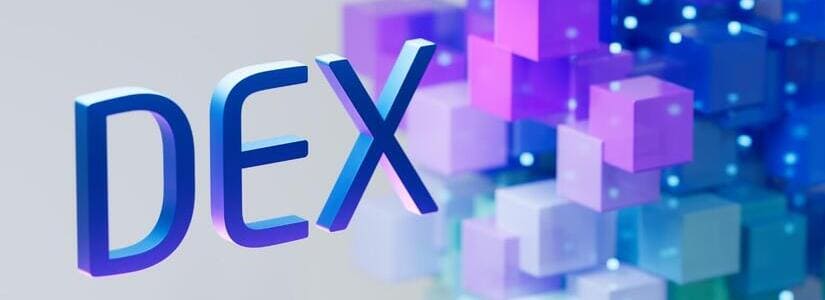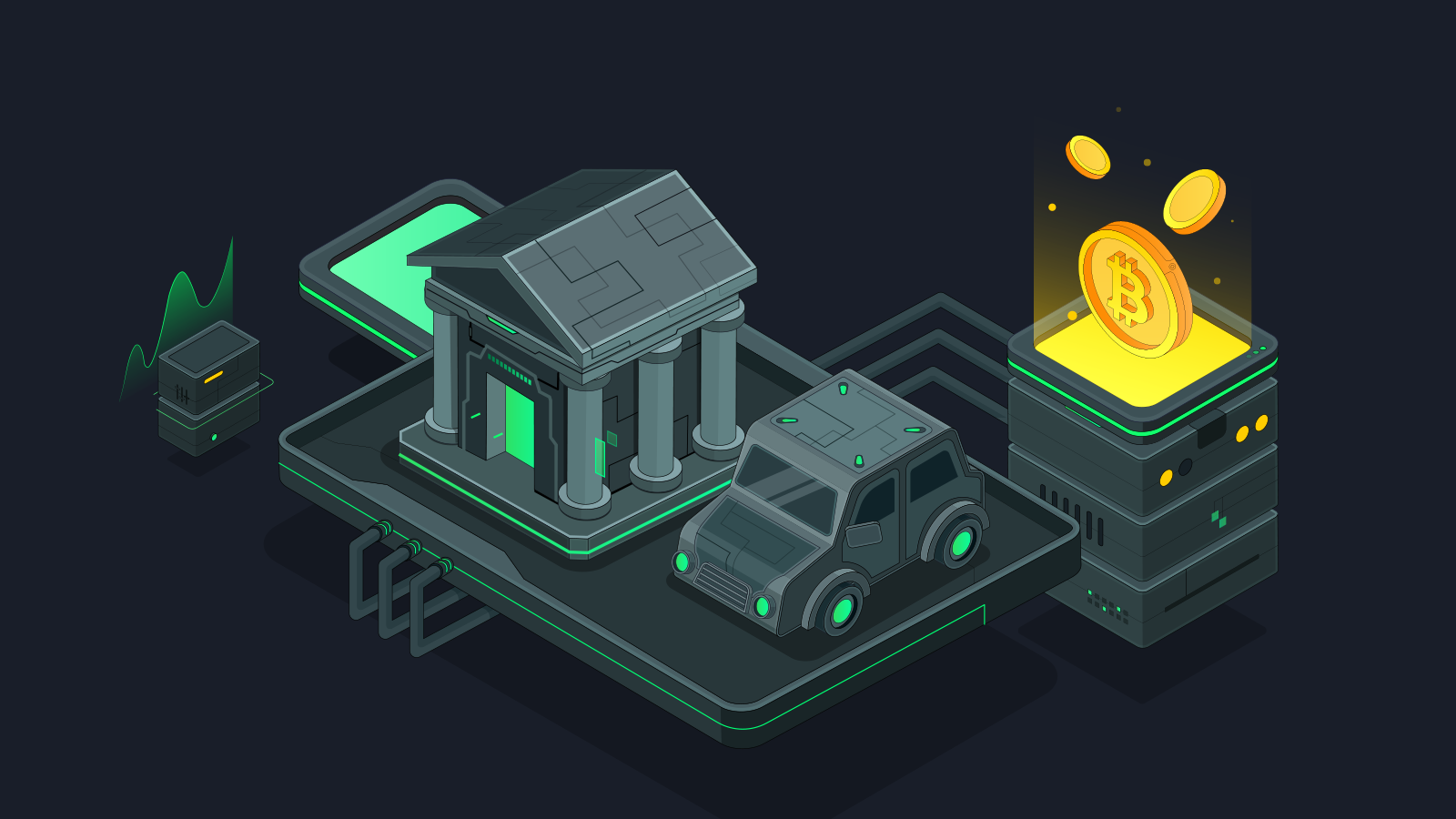TL;DR
- The tokenization of traditional assets could redefine the role of decentralized exchanges within financial markets.
- Oracles play a fundamental role as they connect real-world data to the blockchain, ensuring accurate prices.
- Despite technological advancements, legal barriers must be overcome and data accuracy must be guaranteed to achieve mass adoption.
The integration of real-world assets into the decentralized finance (DeFi) ecosystem will be crucial for the evolution of the blockchain industry. Its development will not only expand the horizons of traditional financial markets but also redefine the possibilities of decentralized exchanges (DEX). With the tokenization of assets such as real estate, precious metals, and even financial instruments like Treasury bonds, we are facing a unique opportunity to transform global markets.
A Bridge Between Traditional and Decentralized Finance
The tokenization of traditional assets allows tangible goods and financial securities to be converted into digital tokens that can be traded on blockchain platforms. This process facilitates access to historically illiquid assets and democratizes a wide range of investment tools, enabling participation from individuals around the world while eliminating geographical and regulatory barriers.
The Role of Oracles
The incorporation of tokenized assets into DEXs presents a fundamental challenge: the need for accurate, real-time data. Assets like gold, oil, or Treasury bonds require a reliable infrastructure to translate real-world data into a decentralized environment. This is where oracles like RedStone play an essential role. These oracles connect the blockchain with external sources, ensuring that DeFi platforms have reliable information for decision-making and price setting.
RedStone has a modular design that reduces maintenance costs by storing data on an availability layer before bringing it on-chain. This approach allows for a higher update frequency and flexibility, essential attributes for protocols dealing with derivatives and options, such as those integrating RWAs.
Advanced oracle models, like RedStone X, are already designed to protect against price manipulation (front-running) and deliver data on the block following a transaction. This provides a level of security and transparency that often surpasses traditional systems.

Benefits for DEXs
The arrival of tokenized assets could transform the role of DEXs in the financial ecosystem. Currently, DEXs are mostly focused on crypto-native assets. However, the integration of RWAs would significantly expand their value proposition, allowing users to trade real-world assets in a decentralized manner without intermediaries. This would open the door for new users. Additionally, it would allow DEXs to position themselves as true competitors to traditional financial platforms.
Challenges for Tokenization
Despite its potential, the tokenization of RWAs must overcome some barriers before becoming established. Regulation is one of the biggest hurdles, as existing legal frameworks are not designed to handle the decentralized nature of these assets. Furthermore, the need to ensure data accuracy and prevent manipulation remains a technical challenge that must be consistently addressed.
Nevertheless, many companies in the DeFi sector are working to overcome the current limitations of tokenization. With the support of investors and rigorous audits, trust in these solutions is growing rapidly.

Conclusion
The tokenization of traditional assets has the potential to redefine the economy by merging real-world assets with DeFi platforms. DEXs, supported by advanced technologies, must work hard to stay at the forefront of this transformation, offering new opportunities for both individual and institutional investors